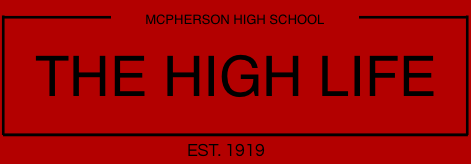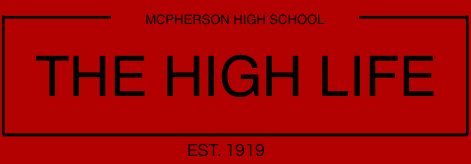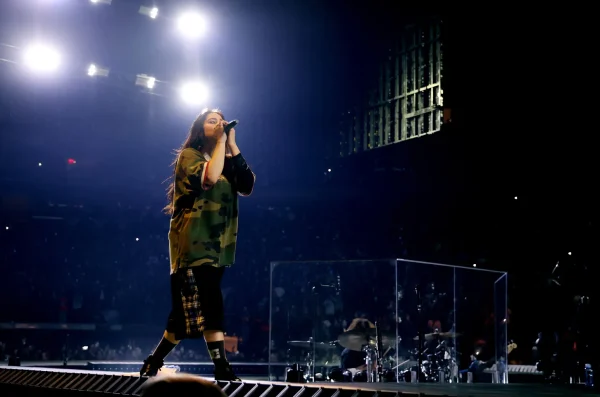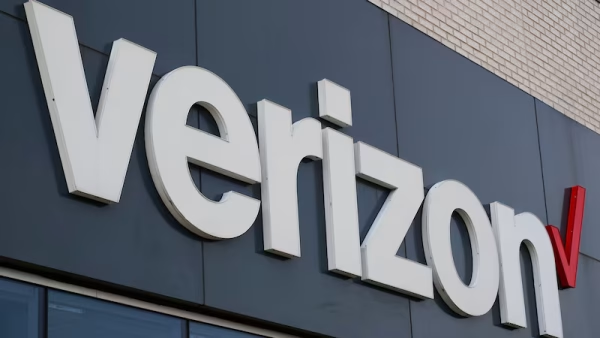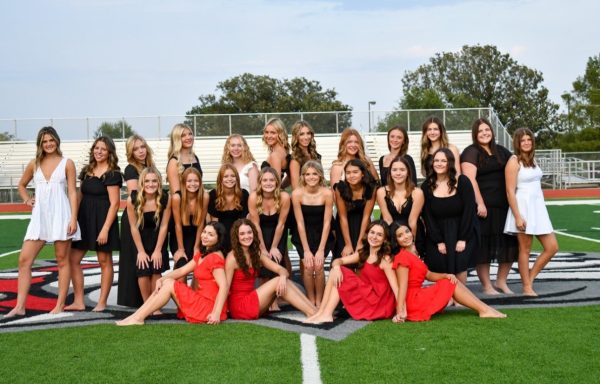What you need to know about the COVID-19 vaccine
The New Year will soon be among us…Wait, let me rephrase that. 2020 is getting closer to being over, what a relief! Can you imagine how wild that New Year party will be? Actually, now that I think about it, we’re still in a pandemic so most likely Time’s square will be a lot less crowded, if not closed. No one showing up to the ball drop would make you think that no one is excited that this terrible year is coming to an end. Woah…2020 cancelled its own departure party. Dang, it had the last laugh.
Anyway, 2021 will hopefully bring some peace back to us. One major way 2021 will be a brighter year is the solution to 2020’s biggest punch in the face. It’s what everyone has been waiting for since week 3 of quarantine, the Covid-19 vaccine. In all of history, I don’t think that many people have ever wept tears of joy over a syringe. However just because there is a shot for the virus doesn’t mean we can go back to ordinary life next year or even the year after that, vaccine or no vaccine, this virus won’t just disappear like magic. There is not enough information currently available to say if or when CDC will stop recommending that people wear masks and avoid close contact with others to help prevent the spread of the virus that causes COVID-19. Experts need to understand more about the protection that COVID-19 vaccines provide before making that decision. Other factors, including how many people get vaccinated and how the virus is spreading in communities, will also affect this decision. Getting the most vulnerable, such as the elderly, health-care workers, and people with health conditions, immunized is key to reducing covid-19 deaths. Getting the nation to the point of herd immunity, with around 70 percent of Americans inoculated against the virus, is the overarching goal. But once high rates of immunization are achieved among the most vulnerable, experts say there will be a substantial reduction in deaths — even before lower-priority groups are able to get the shots. Here’s my best-case scenario, sometime in 2021 we will be able to go to full school again, and as long as cases don’t increase or remain constant, the mask rules will be slightly revoked and one baby-step at a time, we will go back to our normal lives. It’s liable to become a reality if everyone gets vaccinated, which everyone wants to do right? Apparently not!
Fifteen percent of Americans in a new Kaiser Family Foundation poll say they definitely won’t take coronavirus vaccines. Don’t get me wrong I’m not a medical student or doctor, but I say getting shots was a good thing to do. Vaccines work with your immune system so your body will be ready to fight the virus if you are exposed. I don’t understand why people are turning their backs on the vaccine, we can’t go without it any longer. In most cases, herd immunity is not achieved without an effective vaccine. For COVID-19, the percentage of the population that needs to be infected to achieve herd immunity is estimated to be between 70% and 90%, and this is assuming lasting immunity is possible. Early evidence suggests natural immunity from COVID-19 may not last very long, so roll up your sleeves, please.

